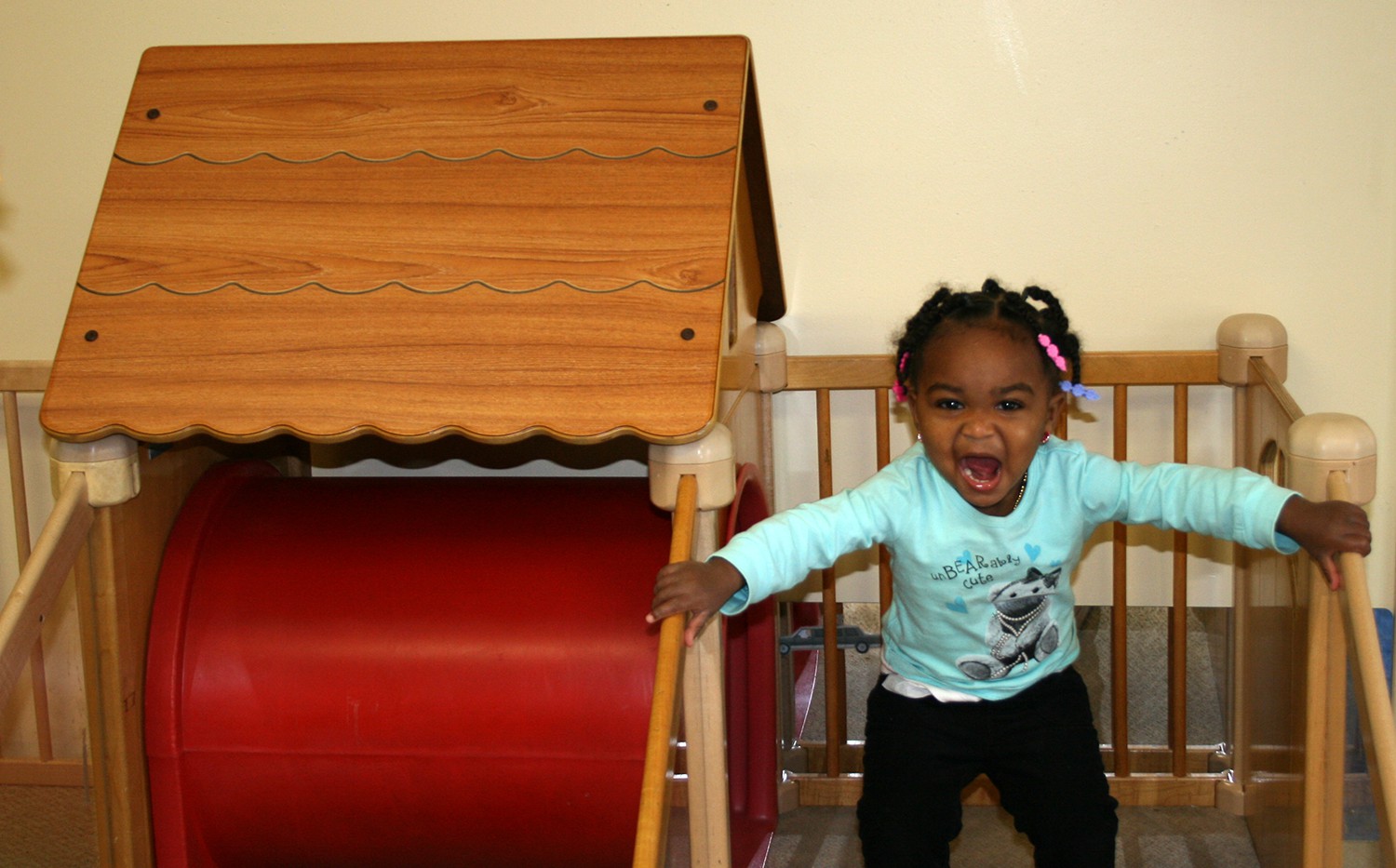Starting at Home interventions
Reducing childhood stress through improved parental interactions
In 2011, HDFS faculty members Jason Hustedt, Rena Hallam, Myae Han and Jennifer Vu, received a five-year $2 million grant though the Administration for Children and Families, U.S. Department of Health and Human Services to incorporate “Promoting First Relationships” parenting intervention (PFR; Spieker, Oxford, Kelly, Nelson, & Fleming, 2012) as part of an Early Head Start home visit delivery system. Called Starting at Home, this project employees the 10-session PFR intervention which will be integrated into typical Early Head Start home visits by home visiting staff. The proposed study is designed to meaningfully capture the translation of the PFR intervention into an Early Head Start context and examine its effects as compared to typical Early Head Start home visiting services, which in this case follow the Parents as Teachers model. The research design focuses on examining impacts and outcomes for Early Head Start parents and children as well as examining the extent to which participation in the PFR intervention as part of Early Head Start is linked to reductions in stress. Researchers will incorporate measures of treatment fidelity to ensure that the intervention is delivered as intended and to provide data aimed at identifying what further adaptations may be necessary to incorporate this model as part of Early Head Start home visiting. This project will address the following research questions: 1) What role do high levels of stress (“toxic stress”) play in the lives of children and families served by the Early Head Start program? 2) How can the PFR intervention be implemented in the context of existing home- and center-based Early Head Start programs? 3) How effective is the PFR intervention model in buffering Early Head Start children from toxic stress? The project will employ a wait-list control group design that allows comparisons between intervention and non-intervention families while at the same time ensuring that local Early Head Start families have opportunities to receive the PFR intervention. A variety of research tools will be used, including parent surveys, observation, and physiological measures. The physiological measures include measurement of infant/toddler cortisol. Initial interpretation of the results will focus on examining impacts of the PFR intervention for parents and children. Results will also be used to make recommendations about maintenance and sustainability of this intervention model in Early Head Start.




